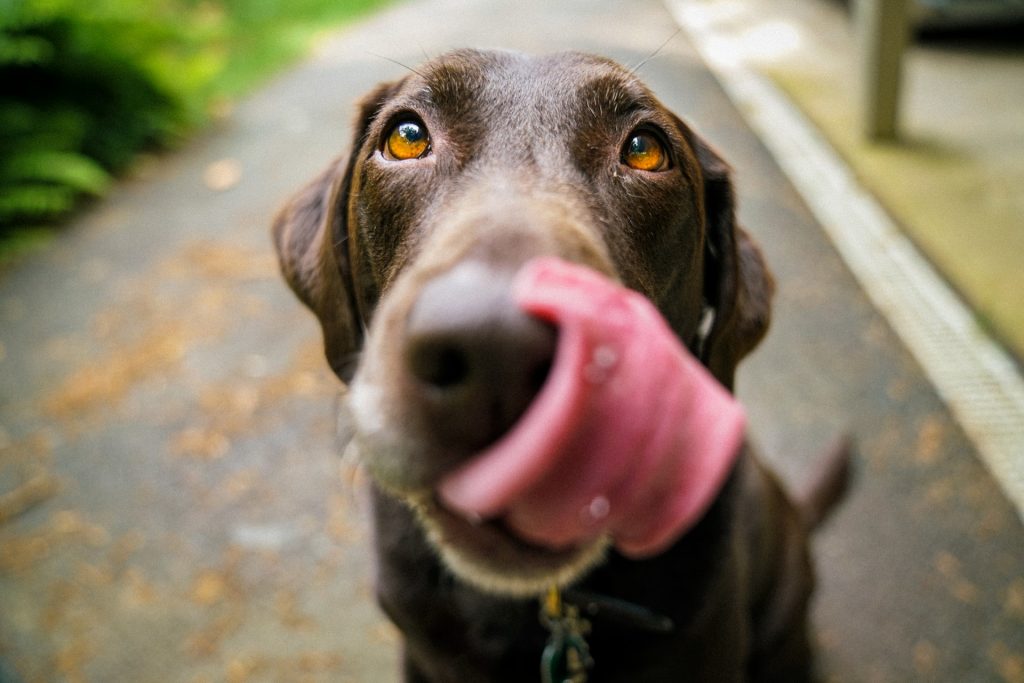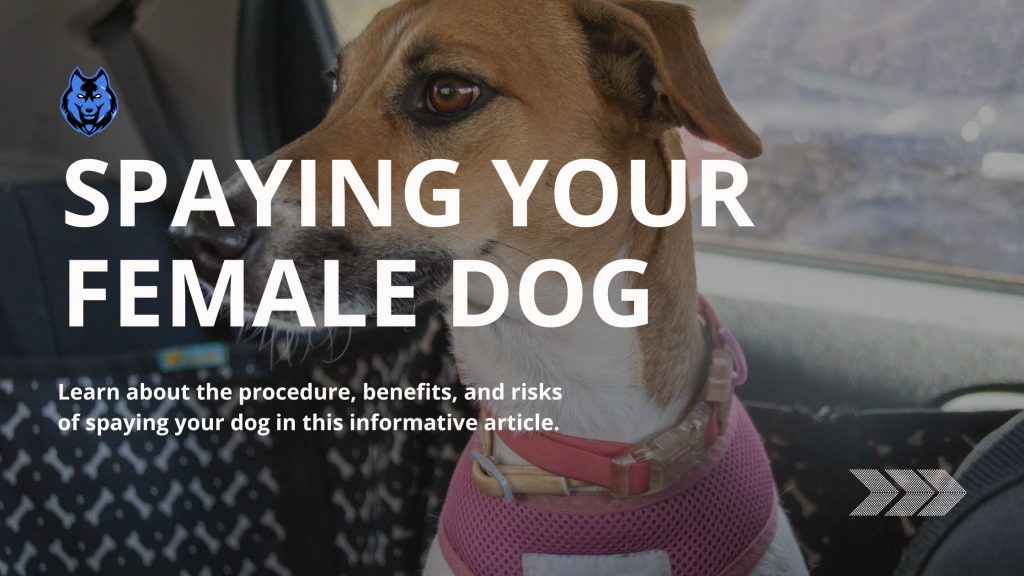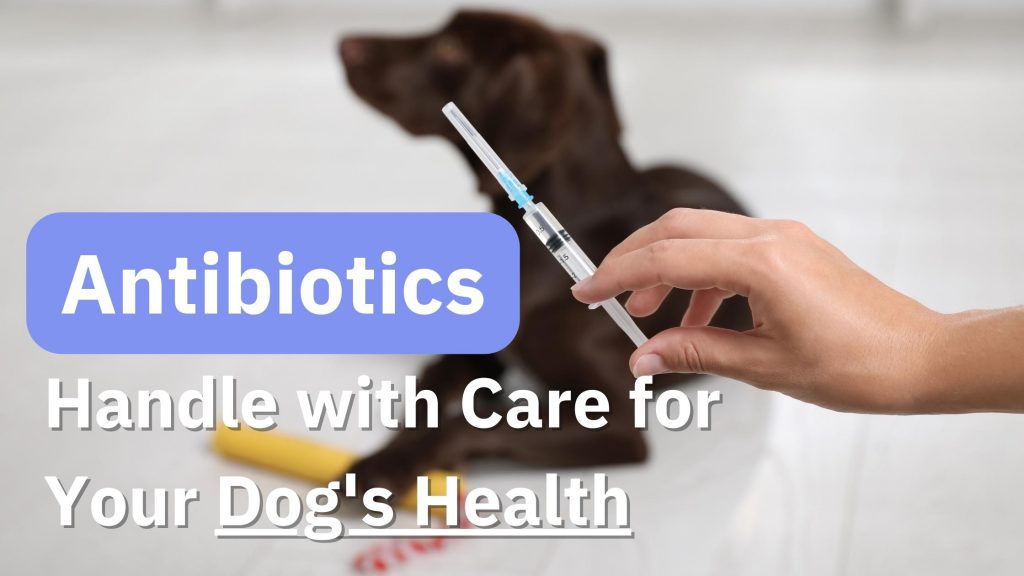As a dog parent, you want to do everything you can to keep your furry friend healthy and happy. One condition that you may not have heard of is Canine Papillomavirus (CPV). In this post, we’ll take a closer look at what CPV is, how it spreads, and what you can do to prevent it.
Background Information on CPV
Canine Papillomavirus is a highly contagious virus that affects dogs of all ages, breeds, and sizes. It is typically spread through direct contact with infected dogs, either through bites or close contact, such as licking. CPV can also be spread indirectly through contaminated objects, such as bowls, toys, or leashes.
Symptoms of CPV
The most common symptom of CPV is the appearance of warts on the mouth, paws, or skin of an infected dog. These warts can be small or large and can grow anywhere from a few millimeters to several centimeters in size. They can be painful and can cause discomfort for your dog. In some cases, CPV can also cause other health problems, such as skin infections or anemia.
Preventing CPV
There are several steps that you can take to help prevent your dog from contracting CPV. Some of the most effective include:
- Maintaining good hygiene: Make sure to regularly clean and disinfect your dog’s toys, bowls, and sleeping area to reduce the risk of infection.
- Limiting contact with other dogs: If your dog has a weakened immune system or is prone to infections, try to limit their contact with other dogs as much as possible.
- Regular vet check-ups: Regular vet check-ups can help catch the early signs of CPV, allowing for prompt treatment and reducing the risk of complications.
Treatment Options
In most cases, CPV will resolve on its own without treatment. However, in severe cases, your vet may recommend removing the warts surgically or using a topical medication to help speed up the healing process. In some cases, a vaccine may also be recommended to help prevent future infections.
Conclusion
Canine Papillomavirus (CPV) is a highly contagious virus that affects dogs of all ages, breeds, and sizes. Symptoms can include warts on the mouth, paws, or skin, and it can also cause other health problems. To help prevent CPV, maintain good hygiene, limit contact with other dogs, and regularly visit the vet. With the right care and attention, you can keep your furry friend healthy and happy.
If you have any concerns or questions about CPV, be sure to discuss them with your vet. They can provide you with the information and support you need to help keep your dog healthy and happy.



